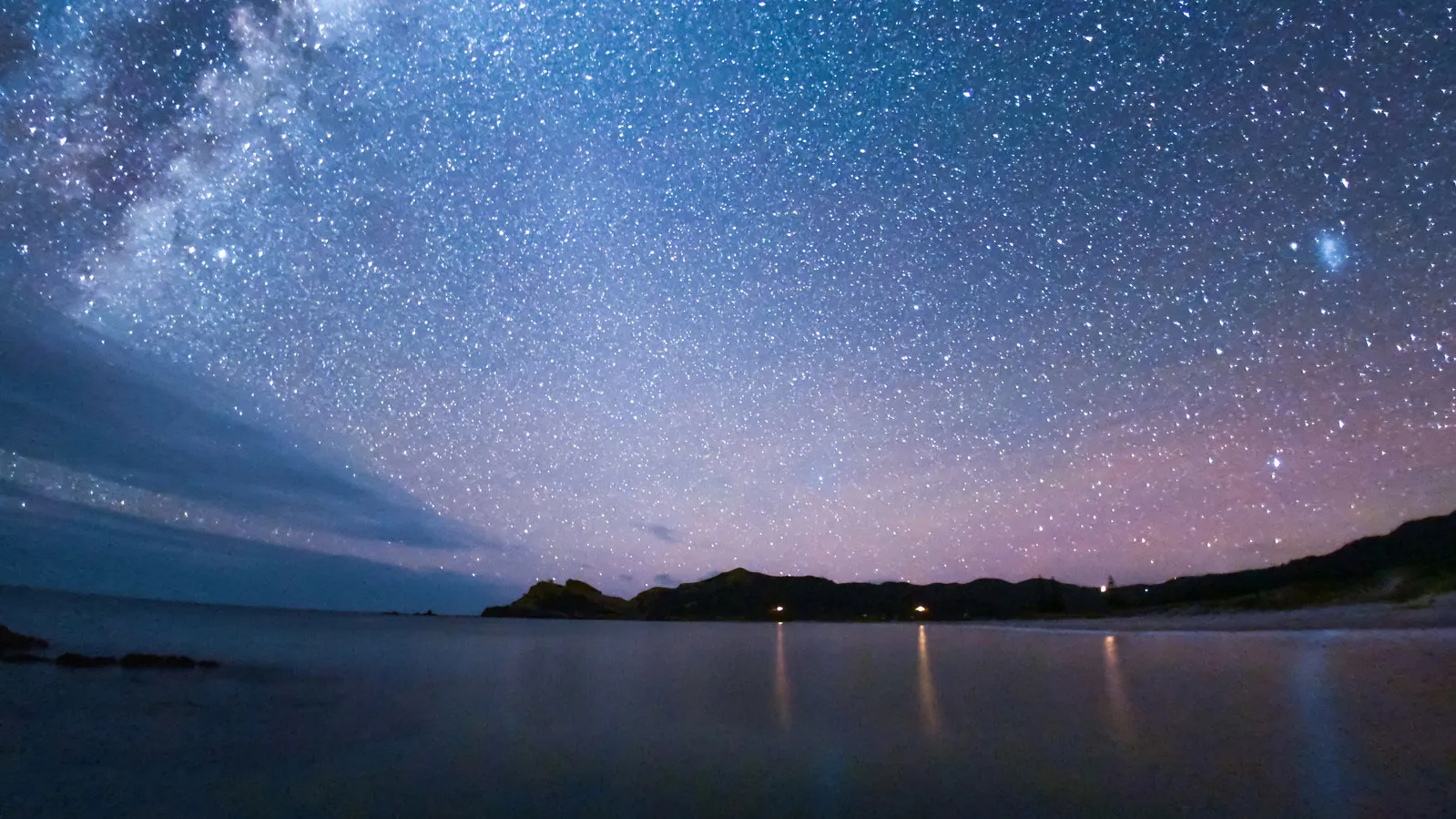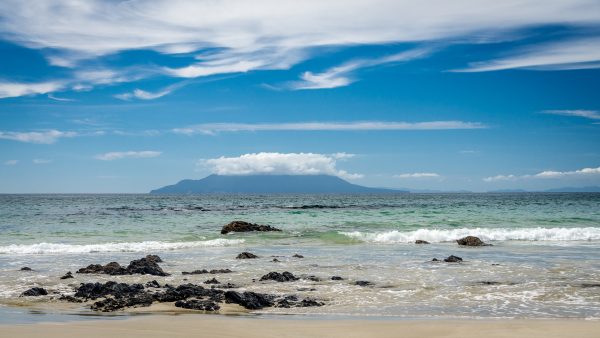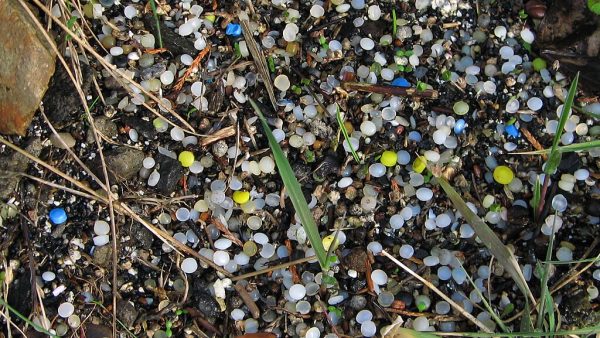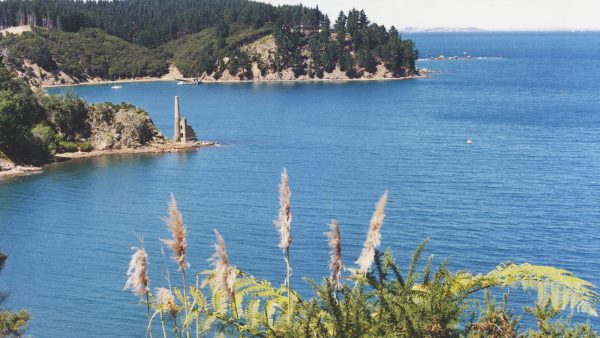Medlands Beach glimmers in the moonlight, a testament to Aotea/Great Barrier Island’s commitment to preserving the dark, star-filled skies. Photo / Mark Russell
Barrier’s Local Board has made a “Dark Sky Proclamation” on behalf of the island to mark International Dark Sky Week.
“A Dark Sky Proclamation is a ceremonial document that a community or organisation signs as an official statement of support for dark night skies,” says Aotea/ Great Barrier Local Board chair Izzy Fordham.
“We’re thrilled to be doing our bit to promote the dark sky movement and push for less light pollution around the world.”
In 2017, Aotea became only the third place in the world to achieve International Dark Sky Sanctuary status, and the first island to receive this honour. To this day, it remains one of very few islands with sanctuary status.
“No mains power, no streetlights and very little light pollution after dark have earned us the status,” says Izzy.
“We like to say that on a clear night over here you can read a newspaper by the full moon.”
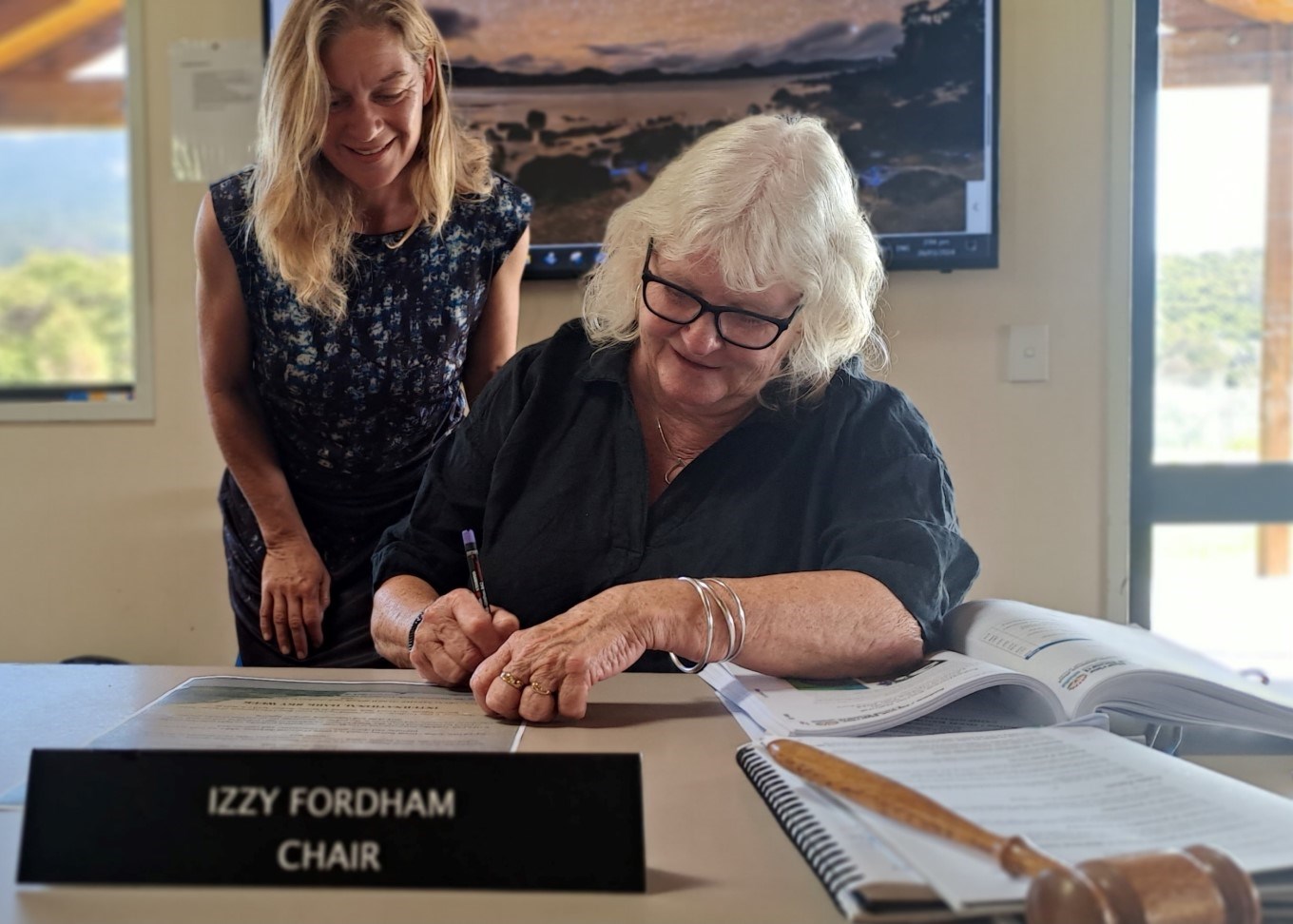
Close to one hundred places globally signed an International Dark Sky proclamation in 2023; this year the association is aiming for 200.
“One of the things that the proclamation highlights is the fact the night sky is everyone’s shared heritage and we need to protect it,” says Izzy.
“It also points out that light pollution has significant impacts on ecology and human health. On Aotea for example, the tākoketai (Black Petrel) relies on an undisturbed night environment to fledge and thrive.”
You can read the full wording of the local board’s proclamation, here.


